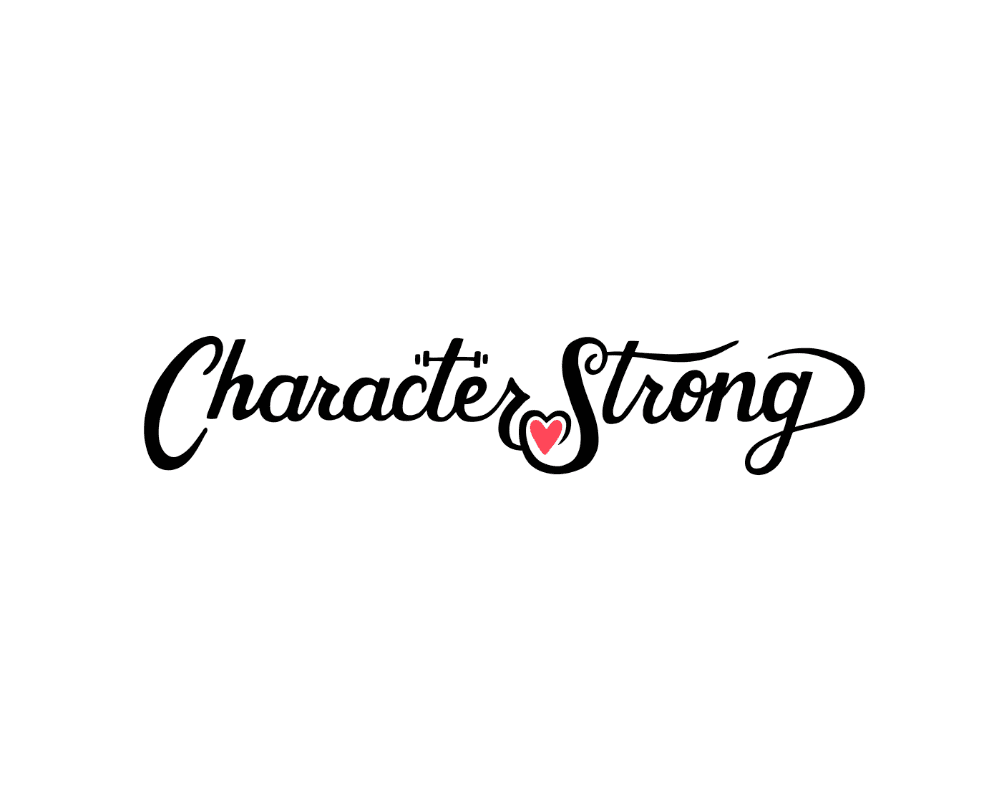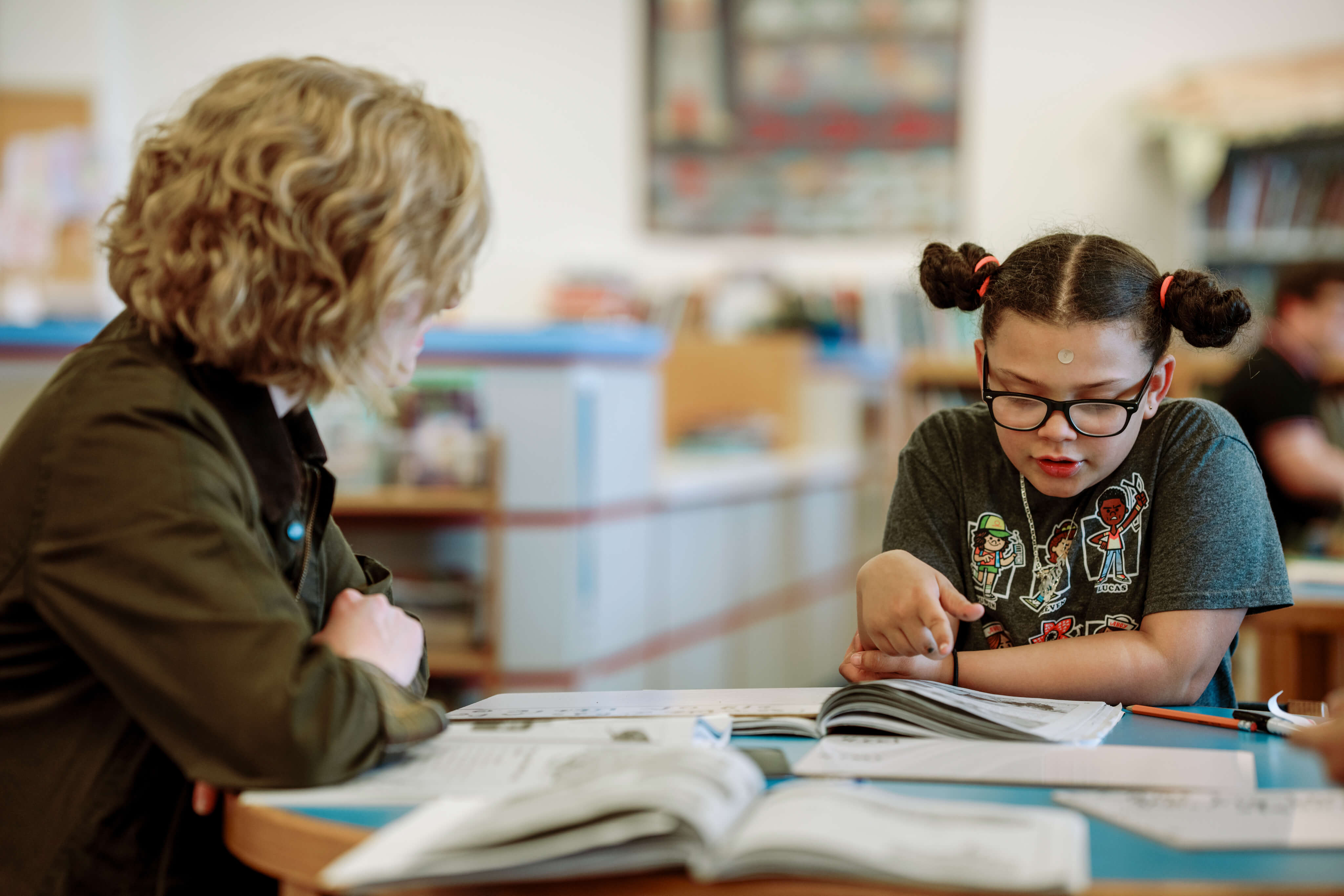The devastating learning loss caused by the COVID-19 pandemic has been well-documented, and its effects still linger today. A recent survey shows that 59% of families are worried that their children will experience long-term academic struggles because of disruptions to their education (both academic and emotional) during the COVID-19 pandemic*. In addition, the most recent i-Ready assessments, for the 2021-22 school year, reveal that fewer children in the early grades (K-3) are developing essential phonics skills. Math scores aren’t much better; in grades 5 through 8, for example, fewer students than ever are developing essential math skills like understanding place value, multiplication, and fractions. And test results from the National Assessment of Educational Progress, well known as the gold standard of student achievement tracking across decades, revealed that reading and math scores among 9-year-olds have regressed to levels not seen for 20 years. The pandemic essentially erased two decades’ worth of academic progress.
This begs the question…how do students regain that knowledge and recover from learning loss?
There are signs that this is happening, as recent national and state testing data released by the testing group NWEA illustrates that academic gains are slowly being made. This is certainly positive news, though it’s dampened some by other findings:
- Low-income (particularly Black and Hispanic) students are still well behind
- Middle school students have shown minimal, if any, academic gains since the pandemic
- Student achievement at the end of the 2021–22 school year was lower than in a typical year, with declines in math (5 to 10 percentile points) and reading (2 to 4 percentile points)
But it’s not all doom and gloom.
Reason for Optimism
There are signs of hope for younger students. According to NWEA, in math, students in younger grades made slightly more progress last school year than in a typical pre-pandemic year. In reading, students gained ground last summer, followed by normal progress during the school year.
Overall, younger students have made up roughly one-fourth of their lost learning over the past year. In general, students still lag behind pre-pandemic levels, but the learning gaps have started to shrink, which bodes well for the future. A good example comes from the i-Ready exam, where early findings illustrated that, two years ago, only 49% of second-grade students were on grade level in math; last year, that number increased to 52%–still well short of the pre-pandemic level of 61%, but up 3% from the prior year. Similarly, 48% of first graders in the middle of last school year were considered on track in early reading—up from 44% the prior year, but still short of the 58% pre-pandemic benchmark.
Accelerating Learning to Close Achievement Gaps
“We don’t want to remediate. We want to accelerate learning.” These words, spoken by Sharon Contreras, the superintendent of Guilford County schools, North Carolina’s third-largest district, are poignant. While the more “traditional” process of catching up on lost learning involved remediation, more and more experts are preaching the exact opposite—acceleration of learning. The idea is that, looking back and re-reviewing old material does nothing to improve or expedite learning. This is why so many schools across the country are embracing high-quality accelerated learning, which includes intensive, small-group interventions as well as programs like high-dosage tutoring that are designed to expedite learning and enable students to narrow learning gaps.
Academic interventions are generally designed to ensure students master grade-level expectations by teaching them specific skills and practicing existing skills until fluency, whereas high-dosage tutoring is targeted one-on-one or small-group instruction conducted a minimum of three times per week. Combined, interventions and high-dosage tutoring have been proven to result in significant academic gains.
Catapult Learning’s Services Help Accelerate Learning and Close Achievement Gaps
Catapult Learning’s Accelerated Learning Program prioritizes essential prerequisite skills and knowledge, and reinforces key foundation skills that allow students to activate existing and relevant knowledge when working on grade-level studies. Designed to meet the academic and mindfulness needs of students, families, and school communities, our Accelerated Learning Program comprises:
- High-Dosage Tutoring & Intervention (Combined, our High-Dosage Tutoring and intervention programs can result in more than one year’s worth of academic progress in less than one full school year.)
- Summer Learning
- Coaching and Professional Development
Our High-Dosage Tutoring solutions in particular are designed to accelerate learning in literacy and math for all K-12 students. A comprehensive, integrated approach that supports the whole student and optimizes academic outcomes, our High-Dosage Tutoring reinforces key skills in the current grade’s core content through our Acceleration Framework—a research-based approach that includes diagnostic assessment, individualized student plans, personalized support, formative assessment, and evidence-based curriculum.
Catapult’s High-Dosage Tutoring is:
- For all K-12 students, not just those who are struggling
- Research-based
- Uses our AchieveLiteracy® and AchieveMath® curriculum
- Flexible
- Can take place before, during, or after school, on weekends, or over the summer
In-person, hybrid, or virtual implementation
- Up to five (5) sessions per week, minimum 45 minutes per session
- Turnkey
- Individualized and responsive to student needs
- Groups of no more than four students
- Learning targeted to each student’s individual plans and goals
Now is the time to address the learning loss and achievement gaps illustrated by this year’s NAEP test results. By implementing a flexible, research-based, turnkey high-dosage tutoring program that supports the whole student, your schools can begin the important process of narrowing these gaps and restoring the learning that has been lost over the past couple of years.
Catapult Learning is ready to help. To learn more, download our High-Dosage Tutoring brochure and schedule a call with us.
*Catapult Learning Survey: A Peek into the Academic, Emotional, and Behavioral Health of Our Students, August 2022



 In-person, hybrid, or virtual implementation
In-person, hybrid, or virtual implementation

